Mental Health and Creativity: Unlocking the Power of the Mind
Hey there, my young and imaginative friends! It’s your favorite mental health buddy, Nita Sharda, here to talk about a topic that’s near and dear to my heart – the connection between mental health and creativity.
Now, I know that when we think about mental health, we often think about things like stress, anxiety, or depression. And while it’s true that these challenges can impact our mental well-being, it’s important to remember that our minds are also capable of incredible things – like creativity, innovation, and self-expression.
In fact, I believe that creativity is one of the most powerful tools we have for supporting our mental health and unlocking our full potential. So, let’s dive in and explore this exciting topic together!
What is Creativity?
First things first, let’s talk about what we mean when we say “creativity.” Creativity is the ability to generate new ideas, perspectives, or solutions. It’s about thinking outside the box, exploring new possibilities, and expressing ourselves in unique and meaningful ways.
Creativity can take many different forms, such as:
- Art, music, or writing
- Problem-solving and innovation
- Storytelling and imagination
- Self-expression and personal style
- Cooking, gardening, or other hobbies
At its core, creativity is about tapping into our inner world and bringing our ideas and visions to life. It’s a way of exploring who we are, what we believe in, and what we’re capable of achieving.
The Benefits of Creativity for Mental Health
So, how can creativity support our mental health and well-being? Here are just a few of the ways:
Reducing stress and anxiety
One of the biggest benefits of creativity is that it can help reduce stress and anxiety. When we engage in creative activities, we often enter a state of “flow” where we become fully absorbed in what we’re doing. This can help quiet our mind, reduce stress and anxiety, and promote a sense of calm and well-being.
Creative activities can also provide a healthy outlet for expressing our emotions and processing difficult experiences. Whether it’s writing in a journal, painting a picture, or playing music, creativity allows us to express ourselves in a safe and meaningful way.
Boosting self-esteem and confidence
Creativity can also be a powerful tool for boosting self-esteem and confidence. When we create something that we’re proud of, it can give us a sense of accomplishment and pride. It can help us see ourselves in a new light and recognize our own unique talents and abilities.
This is especially important for young people, who are still developing their sense of self and identity. By engaging in creative activities and expressing themselves in authentic ways, young people can build a strong foundation of self-esteem and confidence that will serve them well throughout their lives.
Promoting social connection and belonging
Creativity can also be a great way to connect with others and build a sense of belonging. Whether it’s joining a art club, playing in a band, or collaborating on a project with friends, creative activities often involve working with others towards a common goal.
This sense of connection and collaboration can be incredibly powerful for our mental health and well-being. It can help us feel less alone, more supported, and more connected to the world around us.
Enhancing problem-solving and critical thinking skills
Finally, creativity can also help enhance our problem-solving and critical thinking skills. When we engage in creative activities, we often have to think outside the box and come up with new ideas and solutions. This can help us develop a more flexible and adaptable mindset, which can serve us well in all areas of life.
Creative activities can also help us develop important skills like patience, persistence, and resilience. When we face challenges or setbacks in our creative pursuits, we learn to keep going, to try new approaches, and to bounce back from failure.
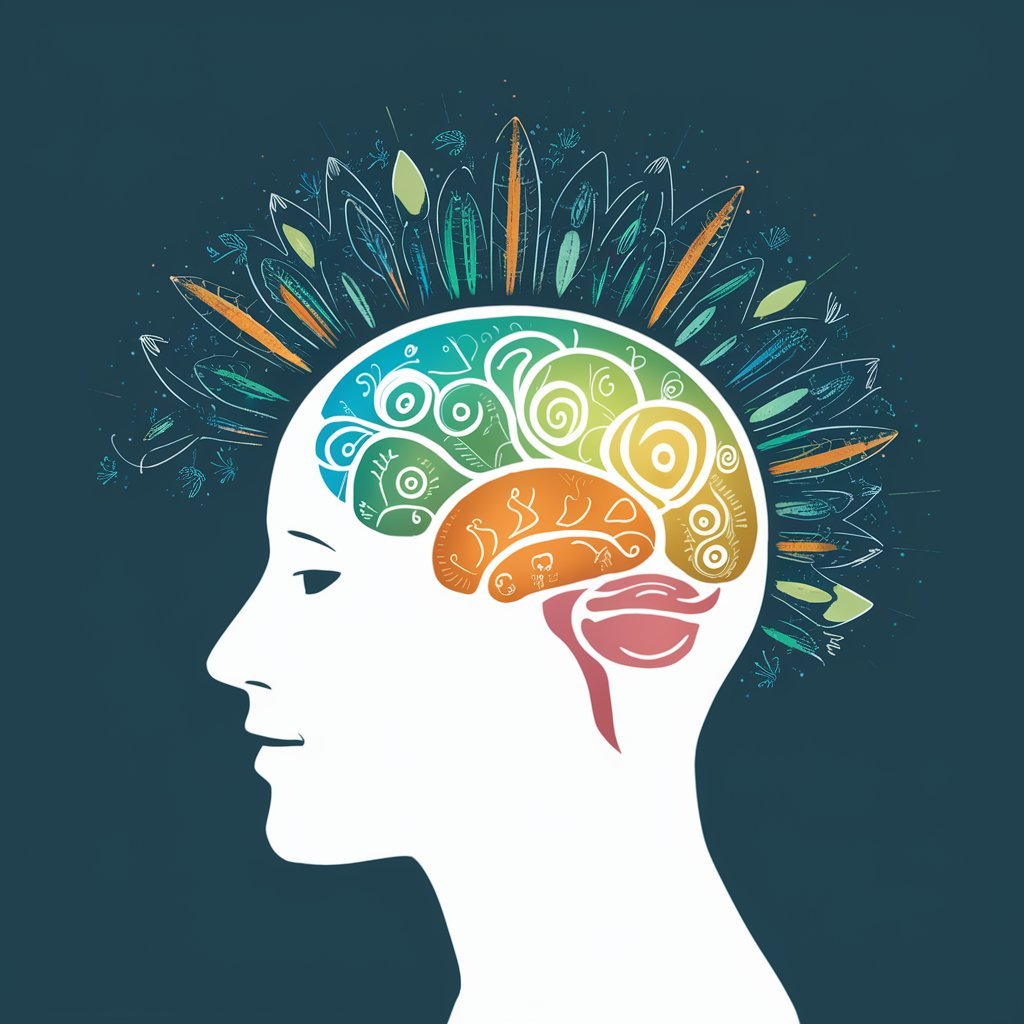
Cultivating Your Own Creativity
So, how can you start cultivating your own creativity and unlocking the power of your mind? Here are a few tips and ideas:
Explore different creative activities and mediums
The first step in cultivating your creativity is to explore different activities and mediums that interest you. This might include things like:
- Drawing, painting, or sculpting
- Writing stories, poems, or songs
- Playing an instrument or singing
- Dancing or acting
- Cooking or baking
- Gardening or nature crafts
- Photography or filmmaking
The key is to find activities that spark your curiosity and bring you joy. Don’t be afraid to try new things and experiment with different mediums until you find what works for you.
Make time for creative play and exploration
Once you’ve found some creative activities that you enjoy, make time for them in your daily life. Set aside some time each day or each week to engage in creative play and exploration, even if it’s just for a few minutes.
Remember, creativity isn’t about perfection or productivity. It’s about the process of exploring, experimenting, and expressing yourself in authentic ways. So, give yourself permission to play, to make mistakes, and to have fun with your creative pursuits.
Seek out inspiration and new perspectives
Another important aspect of cultivating creativity is seeking out inspiration and new perspectives. This might mean:
- Reading books or articles about creativity and the creative process
- Visiting museums, galleries, or other cultural institutions
- Attending workshops or classes to learn new skills and techniques
- Collaborating with others and exchanging ideas and feedback
- Traveling to new places or trying new experiences
The more you expose yourself to new ideas and perspectives, the more your own creativity will grow and evolve.
Practice mindfulness and self-reflection
Finally, cultivating creativity also involves practicing mindfulness and self-reflection. This means taking time to tune into your own thoughts, feelings, and experiences, and using them as a source of inspiration and insight.
Some ways to practice mindfulness and self-reflection include:
- Keeping a journal or sketchbook to record your ideas and observations
- Practicing meditation or deep breathing to quiet your mind and focus your attention
- Taking walks in nature or engaging in other mindful activities
- Reflecting on your creative process and identifying what works and what doesn’t
- Celebrating your successes and learning from your challenges
By practicing mindfulness and self-reflection, you can tap into your own inner wisdom and unlock the full potential of your creative mind.
Putting It All Together
Wow, we’ve covered a lot of ground today! But I hope you’re feeling inspired and empowered to start cultivating your own creativity and unlocking the power of your mind.
Remember, creativity is a fundamental part of who we are as human beings. It’s not just a nice-to-have or a hobby – it’s a essential tool for supporting our mental health, expressing ourselves authentically, and making a positive impact on the world around us.
So, let’s recap some of the key points we’ve covered:
- Creativity is the ability to generate new ideas, perspectives, or solutions, and it can take many different forms.
- Creativity can help reduce stress and anxiety, boost self-esteem and confidence, promote social connection and belonging, and enhance problem-solving and critical thinking skills.
- To cultivate your own creativity, start by exploring different activities and mediums, making time for creative play and exploration, seeking out inspiration and new perspectives, and practicing mindfulness and self-reflection.
Remember, your creative journey is yours and yours alone. Trust your own instincts, follow your passions, and don’t be afraid to take risks and try new things.
And if you ever need a little extra support or encouragement along the way, just remember – your mental health buddy Nita is always here to cheer you on!
Creativity and Mental Health: A Lifelong Journey
As we wrap up our discussion on creativity and mental health, I want to leave you with one final thought. Cultivating creativity and supporting our mental well-being is a lifelong journey – it’s not something that we do once and then forget about.
Just like we need to take care of our physical health by eating well, exercising, and getting enough sleep, we also need to take care of our mental health by engaging in activities that bring us joy, purpose, and connection.
Creativity is one of the most powerful tools we have for doing just that. By tapping into our imagination, exploring new ideas, and expressing ourselves in authentic ways, we can build resilience, find meaning, and thrive in the face of life’s challenges.
So, as you go forward on your own creative and mental health journey, remember to be kind to yourself, to seek out support when you need it, and to never stop exploring and growing.
And most importantly, remember that you are a unique and valuable individual with your own special talents, perspectives, and contributions to make to the world. Your creativity and your mental well-being are precious gifts – so cherish them, nurture them, and let them shine.
Until next time, my young and creative friends. Keep exploring, keep creating, and keep taking care of yourself and each other. The world needs your unique light and your boundless imagination – now more than ever.
With love and creativity,




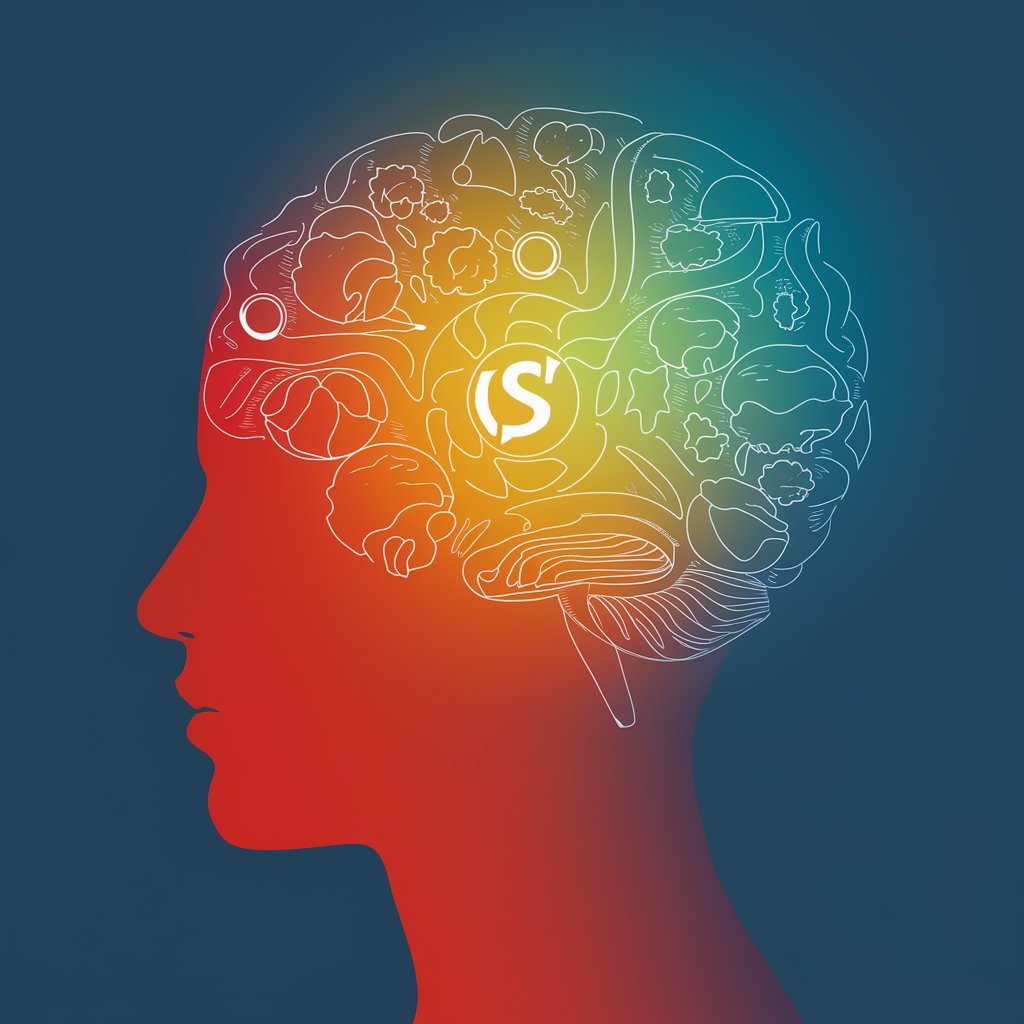
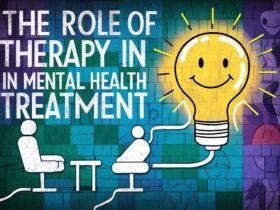



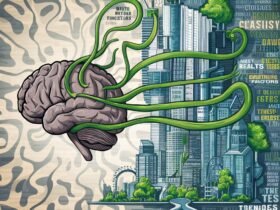
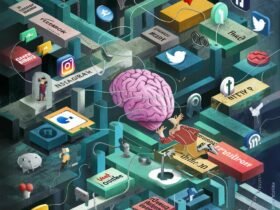
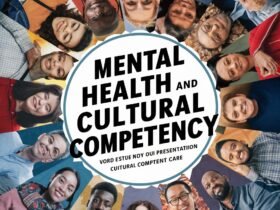
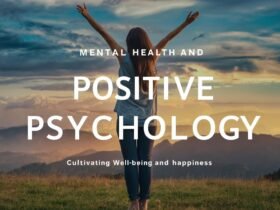
1 Comment